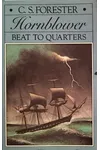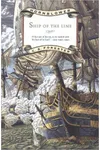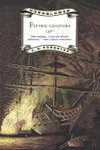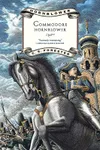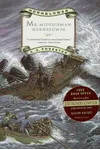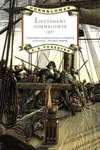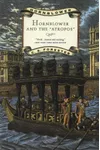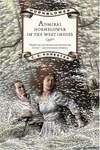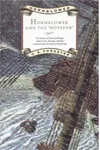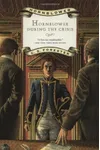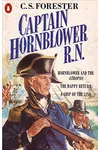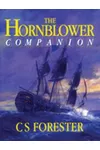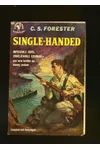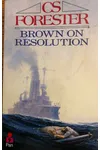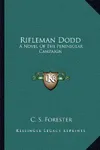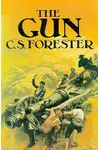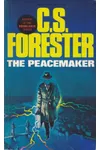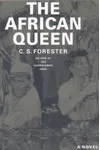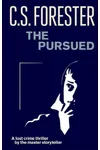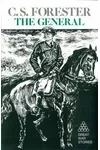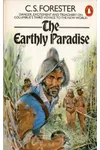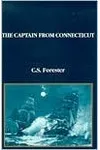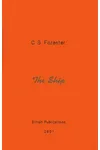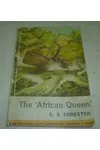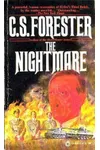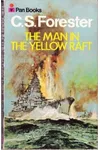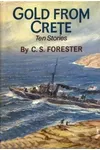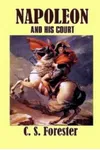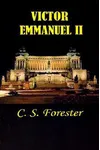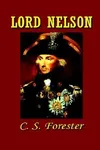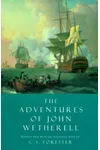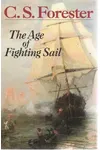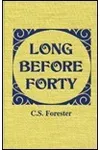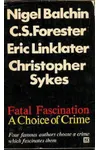Picture a British storyteller who sailed the high seas through words, bringing naval heroes and jungle adventures to life—meet C.S. Forester! Born Cecil Louis Troughton Smith in 1899, Forester crafted tales like the Hornblower series and The African Queen that still captivate readers with their vivid historical detail and thrilling narratives.
From his early days in Cairo to his global literary fame, Forester’s knack for blending adventure with human drama made him a household name. His stories inspired Hollywood blockbusters and countless armchair adventurers. Ready to dive into his world? Let’s explore the man behind the page!
The Making of C.S. Forester
Born in Cairo to British parents, Cecil Smith grew up in London, where his imagination thrived despite a modest upbringing. A brief stint studying medicine gave way to his true calling: writing. By his early 20s, he adopted the pen name C.S. Forester and published his first novel, Payment Deferred, in 1926. His love for history and adventure, sparked by childhood reading, shaped his path to becoming a master of historical fiction.
Forester’s early works, including crime thrillers, honed his storytelling craft. But it was his deep dive into naval history that set sail his legacy, leading to the creation of Horatio Hornblower, a character who would define his career.
C.S. Forester’s Unforgettable Stories
Forester’s most famous creation, the Hornblower series, follows Horatio Hornblower, a fictional Royal Navy officer during the Napoleonic Wars. Spanning 11 novels, from The Happy Return (1937) to Hornblower and the Crisis (1967), the series blends meticulous historical research with gripping character development. Hornblower’s self-doubt and strategic brilliance make him a relatable yet heroic figure.
Beyond the seas, Forester’s The African Queen (1935) tells the tale of a missionary and a riverboat captain navigating love and danger in World War I Africa. Its 1951 film adaptation, starring Humphrey Bogart and Katharine Hepburn, cemented its cultural impact. Other gems like The Ship (1943) showcase Forester’s ability to weave tension and humanity into wartime settings.
Forester’s style is crisp yet immersive, with a knack for making historical settings feel alive. His themes of duty, courage, and resilience resonate across genres, earning him fans from casual readers to literary critics.
Why C.S. Forester Matters
C.S. Forester’s legacy lies in his ability to transport readers to distant times and places, making history pulse with life. The Hornblower series inspired modern naval fiction and adaptations, including ITV’s television series. The African Queen remains a cinematic touchstone, proving Forester’s stories transcend the page.
His influence endures in authors like Patrick O’Brian and in the continued popularity of historical adventure. Forester’s work reminds us that great storytelling can bridge eras, inviting new generations to explore the past through his vivid lens.
About C.S. Forester
- Born: August 27, 1899, Cairo, Egypt
- Key Works: Hornblower series, The African Queen, The Ship
- Died: April 2, 1966, Fullerton, California
- Notable: The African Queen inspired an Oscar-winning film
Snag The Happy Return or The African Queen and dive into C.S. Forester’s thrilling world of adventure!
